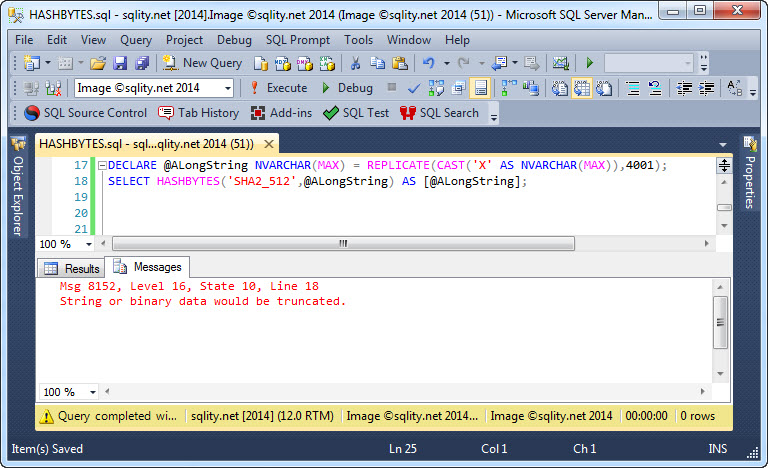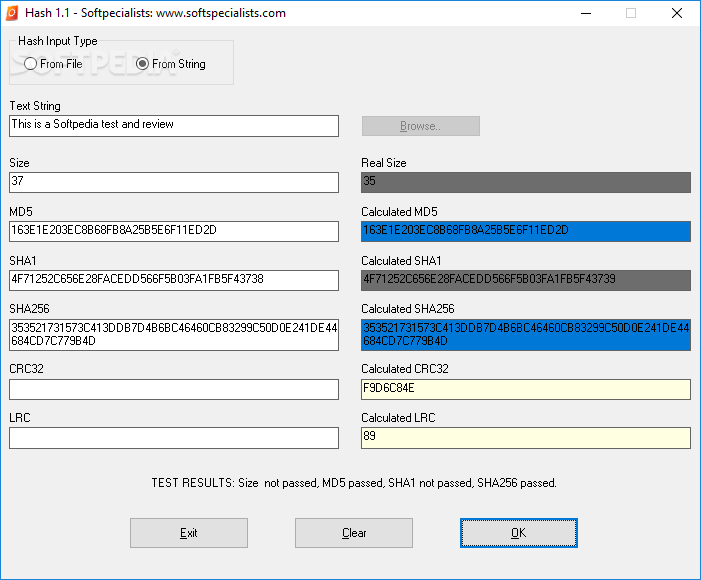

It is a simple function that performs a simple hash calculation of all of the possible hashes if you choose. Of course, this is always better as a function that can be re-used with little to no effort and wouldn’t be nicer to allow the option to pick multiple algorithms or be able to run Get-ChildItem and then pipe the output into a function to get the hashes? Of course it would be! That is why I have a function called Get-FileHash that will do all of this for you. This will save you from a hassle if you happen to try to calculate a hash for a larger file. So with that, your best option is to use a stream to handle any file, regardless of size. NTLM Calculator is an online tool to compute & compare the NTLM checksum or hash of a string or file locally on your browser. It took a little bit of time, but I had no issues with getting the hash of the 4Gb file using the stream. Lets try that factory.wim file again and see what happens. But the difference here is that if I ran this against a large file, it wouldn’t freak out with an error about memory running out.
#NET HASH CALCULATOR CODE#
Same amount of code and the same results. Disclaimer: Results from mining calculator are estimation based on the current difficulty, block reward, and exchange rate for particular coin. join ($hash.ComputeHash($stream) | ForEach ) Bored of checking calculator all the time Use minerstat and set up automated Profit Switching system on your mining rig. $stream = ("C:\users\Administrator\desktop\newfile.txt").BaseStream So what are my possible algorithm choices? Good question, they are:įor this example, I will just stick with MD5 and continue by creating the instance. To calculate a hash for a file, I will use the class and its static method Create() which will create an instance of a given algorithm to use for the calculation.

But if the hash of the downloaded file differs from the expected hash, then that may raise concern as to the integrity of the file and if it has been compromised in any way. If the hashes match up, then there is nothing to worry about.
#NET HASH CALCULATOR DOWNLOAD#
Usually when you download a file from the internet, there will be an associated checksum that has the expected hash of the file you are downloading.

HMAC is a form of hashing with the addition of a secret key. This is my take on a simple file hash calculator to determine the hash of a given file or files based off of a given algorithm.įor those of you who may not know what I am talking about, calculating a file hash is useful to determine if a file has been modified from its current state. This tool calculates various keyed-hash message authentication codes ('HMAC') of a given string. I’m pretty sure that everyone has something similar to a hash calculator that has been written in PowerShell or some other language and I am no different.


 0 kommentar(er)
0 kommentar(er)
